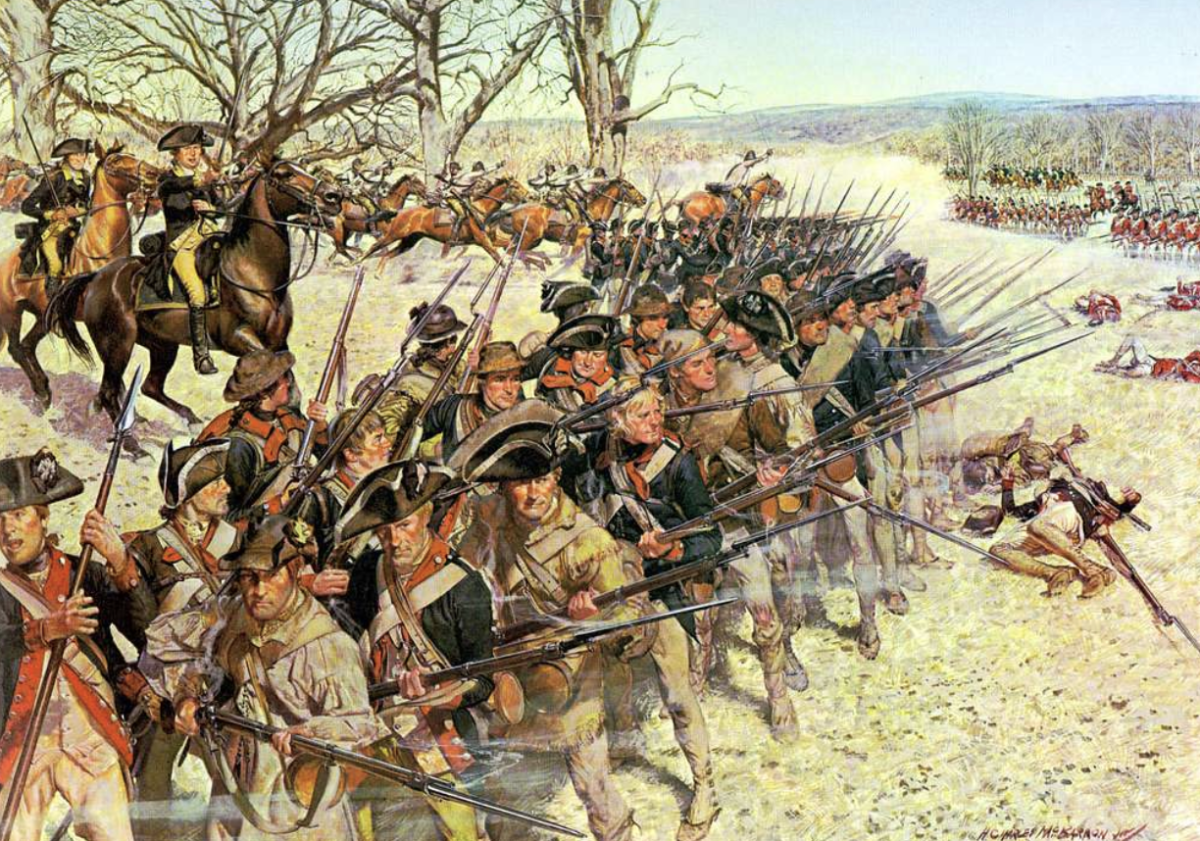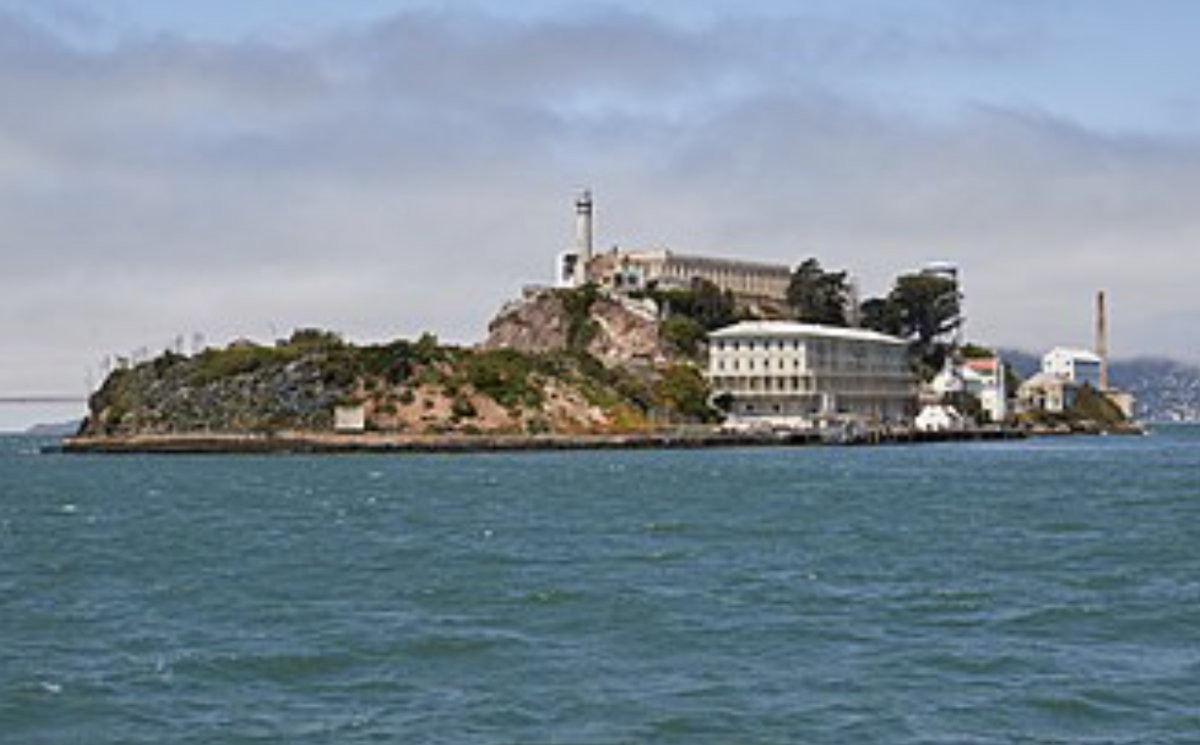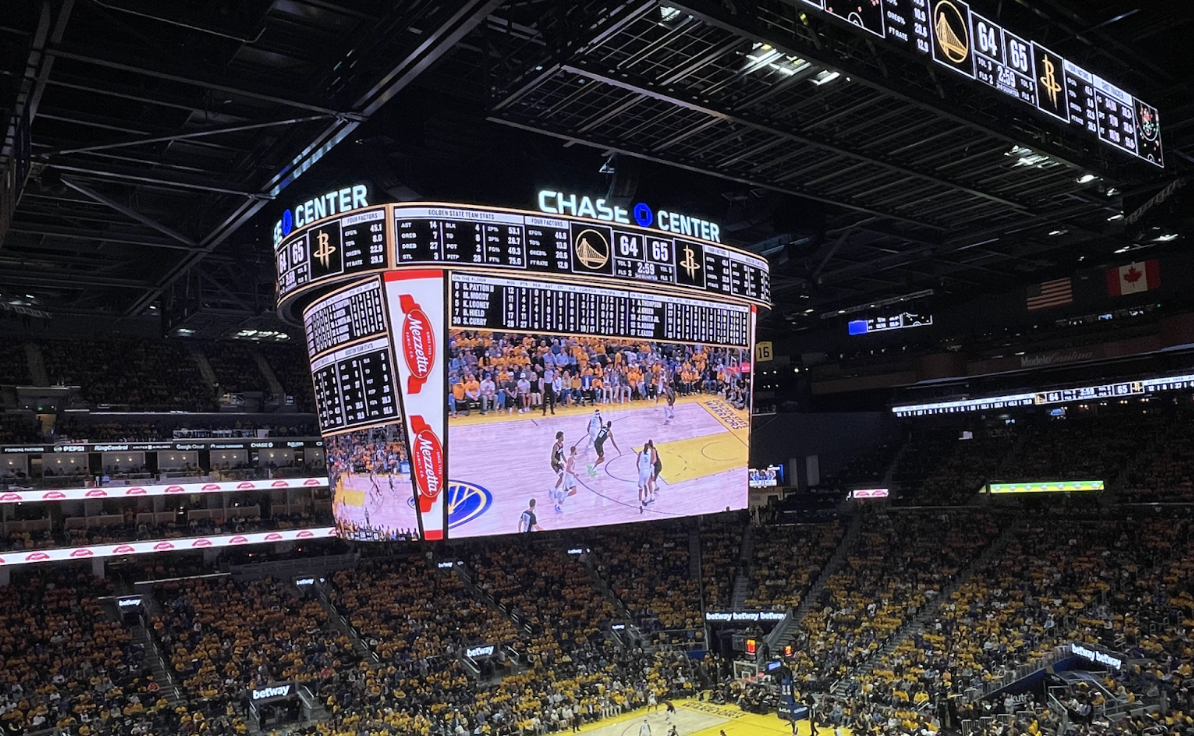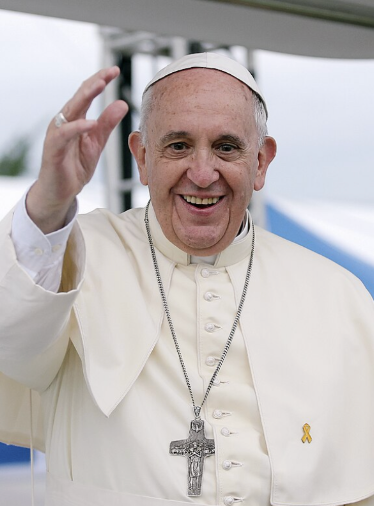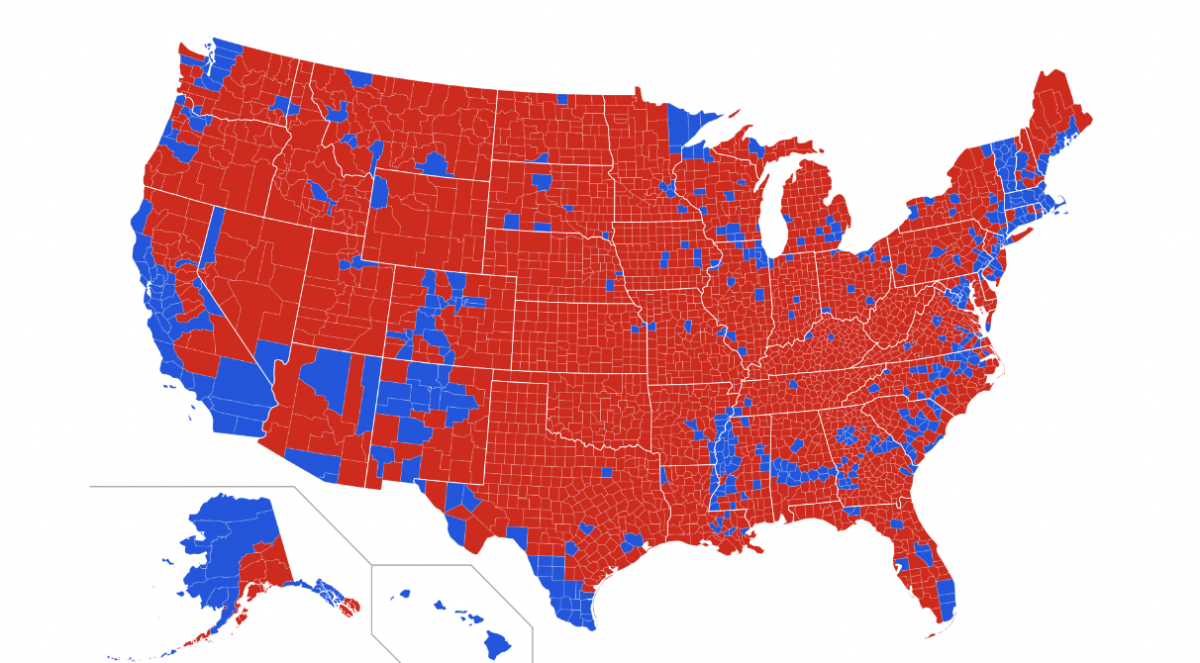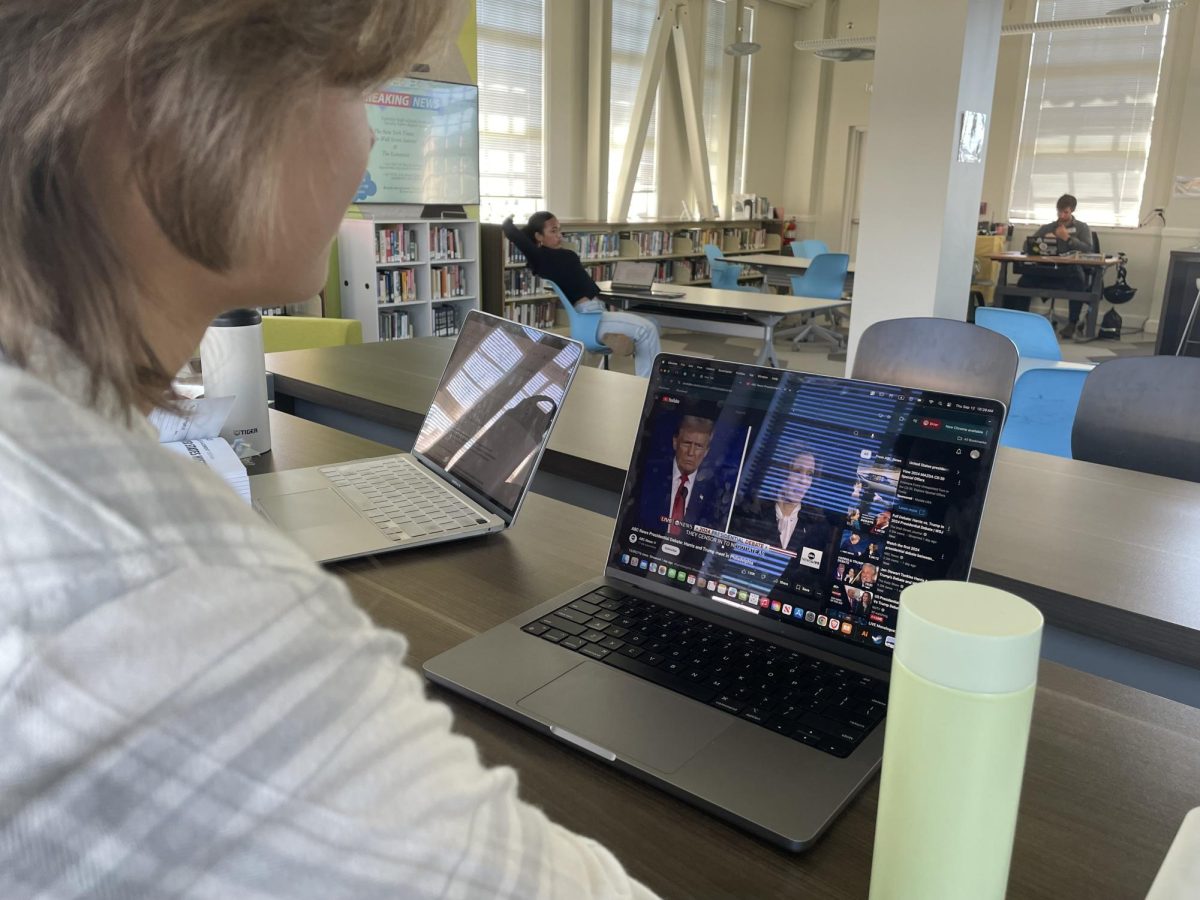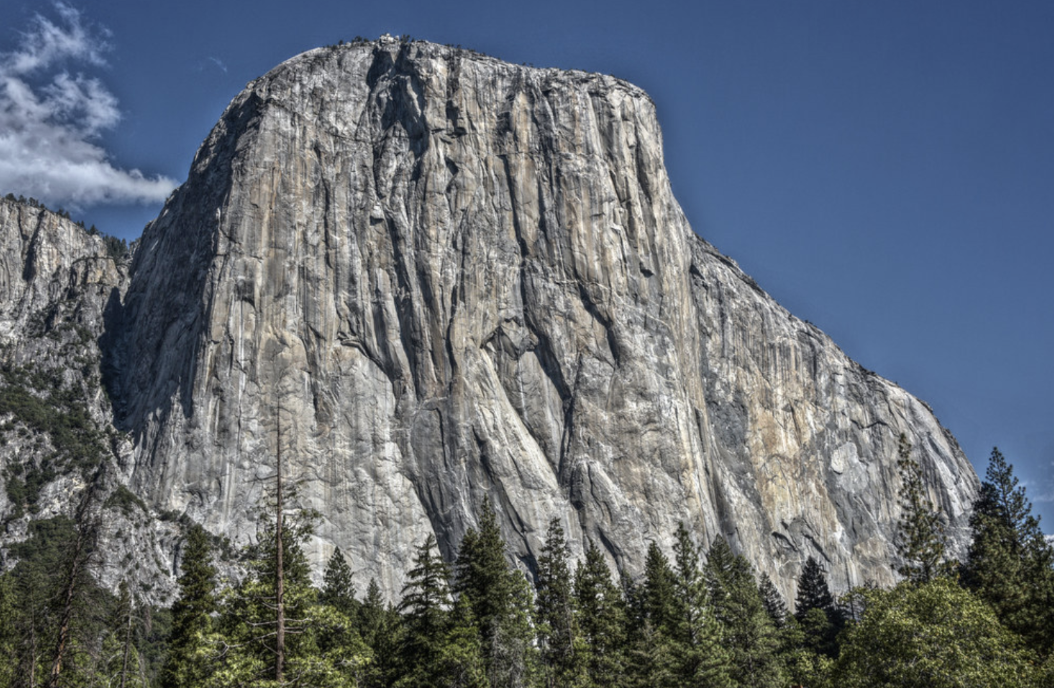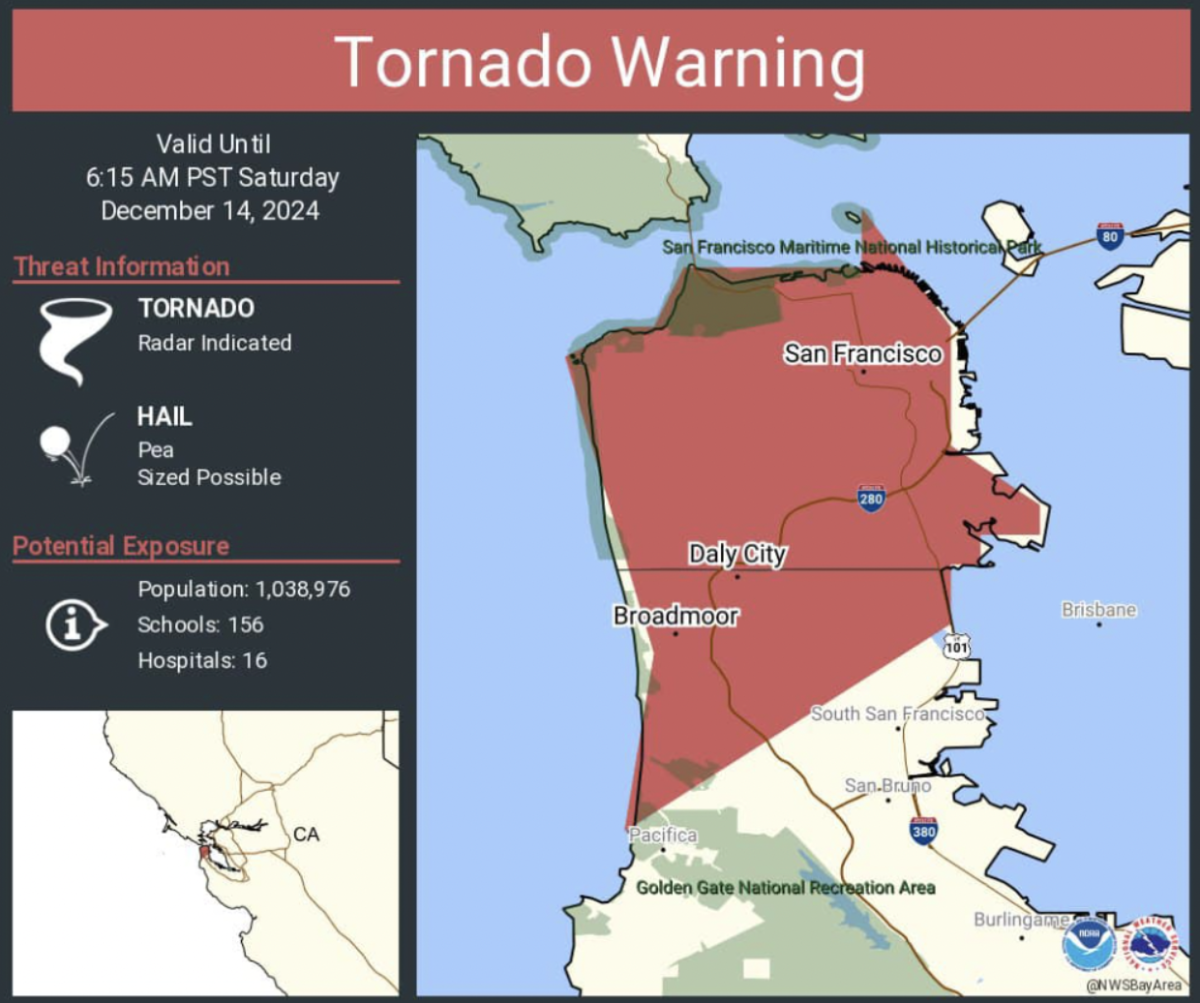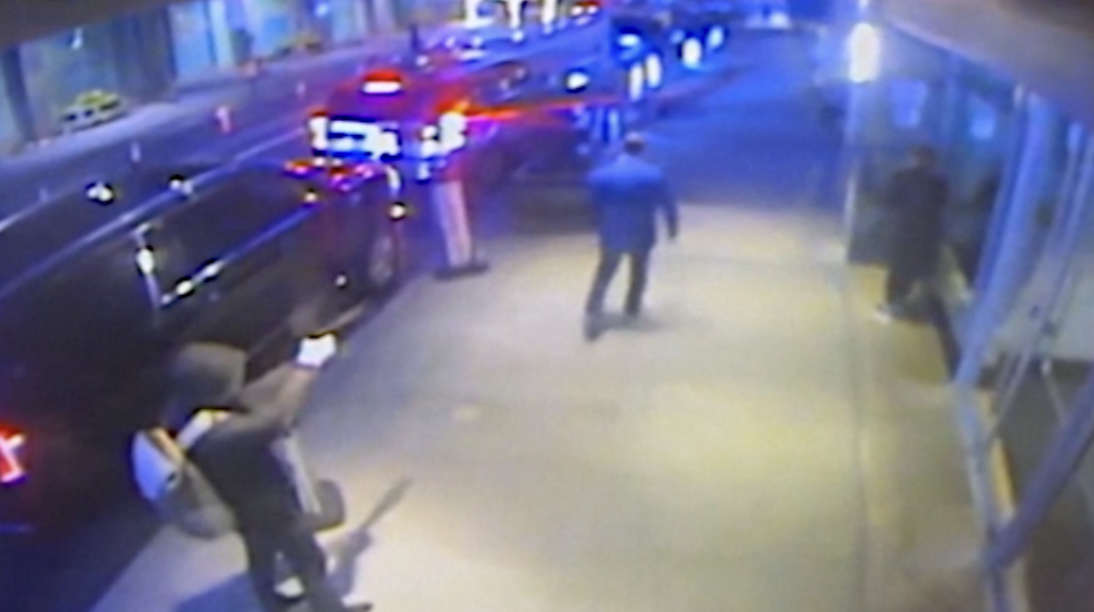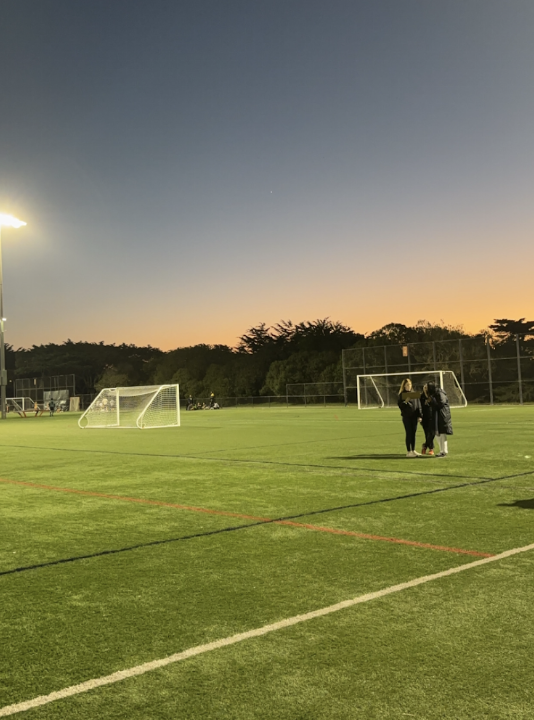The Revolutionary War, also known as the American Revolution originated from tensions between the 13 colonies ruled by Great Britain and the British crown. After the French and Indian War, the British government was in need of finances as that war was expensive. To remedy this issue, they taxed the colonists through legislation such as the Stamp Act, Tea Act, and Sugar Act.
“Outside from learning about these events in school, we don’t really know the causes behind many of the world’s most famous events,” sophomore Julia McKinnon said. “From the perspective of someone almost 250 years after this event, seeing the causes and effects of different events is very interesting,”
Colonists resisted these acts, leading to violence. In 1770, British soldiers opened fire on several colonists in what was known as the Boston Massacre. In December of 1773, a group of men part of a group called the Sons of Liberty dressed up as Native Americans and dumped several millions of chests of imported tea into Boston Harbor. This event led to an outraged Parliament and implementation of even stricter acts, according to the History Channel.
“Seeing the years that the colonists spent not having representation makes it easier to sympathize with their cause,” sophomore Winnie Chun said. “Seeing the different legislation they dealt with and how they made small rebellious moves makes their frustration palpable,”
Many colonists wanted to remain citizens of Britain but requested to have representation when it came to taxation. After writing and sending the Olive Branch Petition at the Continental Congress of 1774, and being rejected by King George III, the colonists declared that action should be taken.
“It’s a little hard to see why the colonists would want to stay as citizens of Great Britain,” Chun said. “Most of the people I know would have probably wanted independence, in this case,”
Violence had already broken out prior to when the Second Continental Congress was deemed to take place. On April 18, thousands of British soldiers marched from Boston to Concord, Massachusetts to seize an arms supply. Paul Revere and other riders rode through the night to alert citizens and notify the colonial militiamen. The following day, April 19, 1775, British soldiers and colonial soldiers met at the Battles of Lexington and Concord and fired the “shot heard around the world” and signified the start of the Revolutionary War.
“I think its very valuable to recognize and remember events like this,” McKinnon said. “When I revisit events like these I am able to see the history of our government which is very inspiring.”



